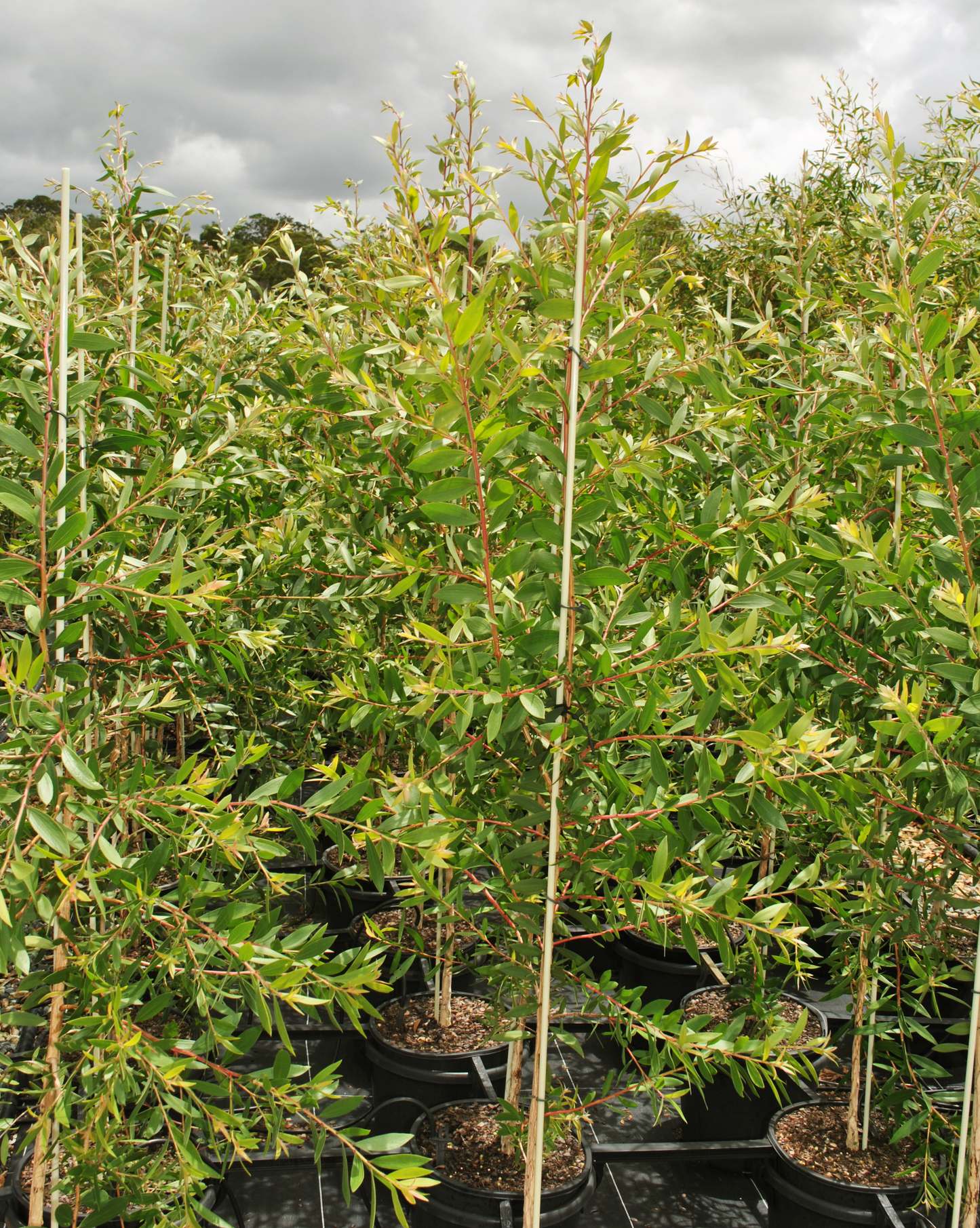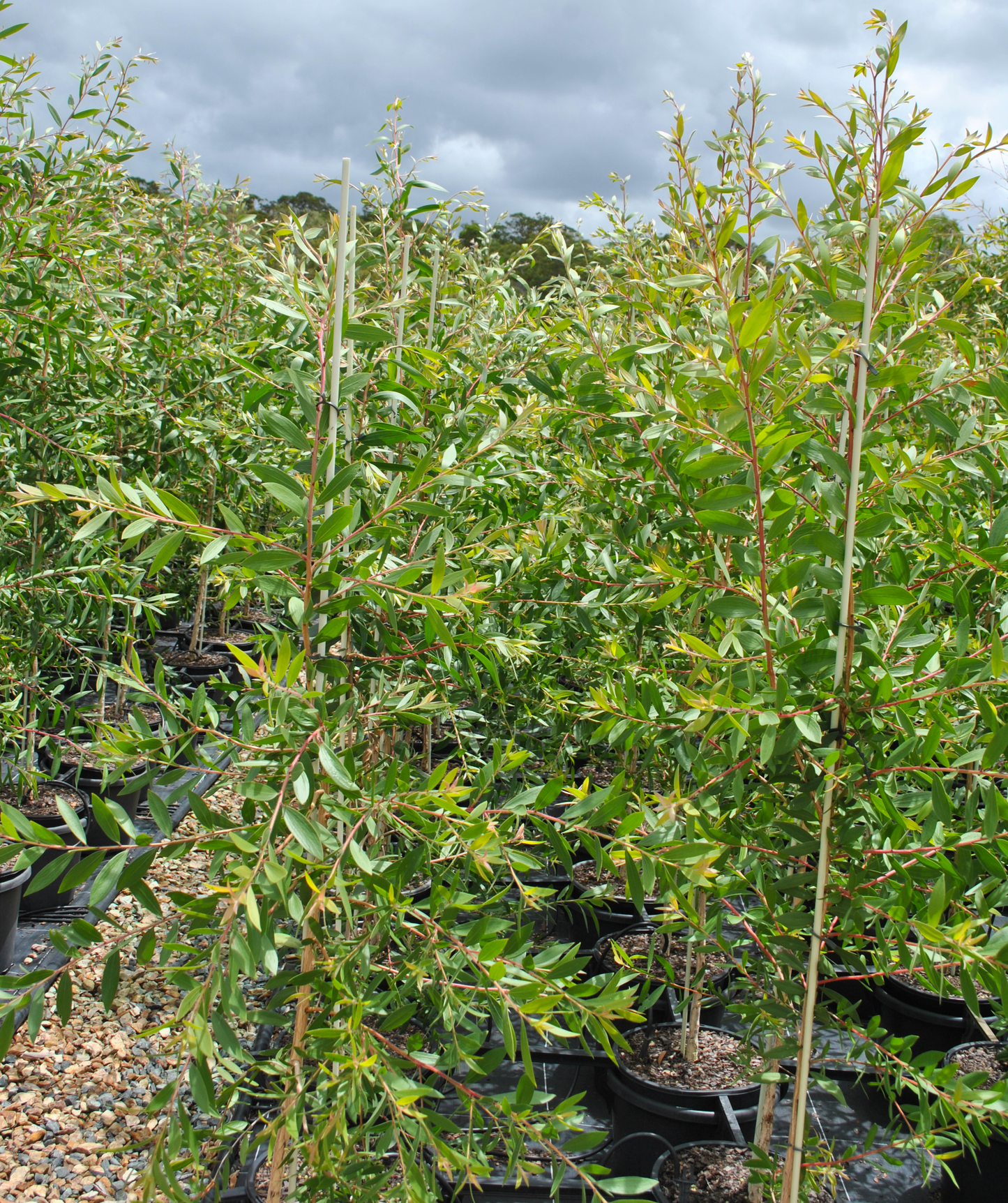The information on this page is intended as a general guide to help you make informed decisions about your garden. It's your responsibility to assess whether this information suits your specific situation and local conditions.
While we work hard to keep our information accurate and current, gardening involves many variables that can affect plant performance and suitability. What works in one garden may not work in another.
Livable Garden Centre doesn't provide guarantees or warranties about the completeness, accuracy, or reliability of this information. We also can't guarantee specific outcomes for plants or products featured on our website. Use this information at your own discretion and risk.
Always consider your local climate, soil conditions, and specific garden needs when making planting decisions. When in doubt, consult with local gardening professionals or extension services.




